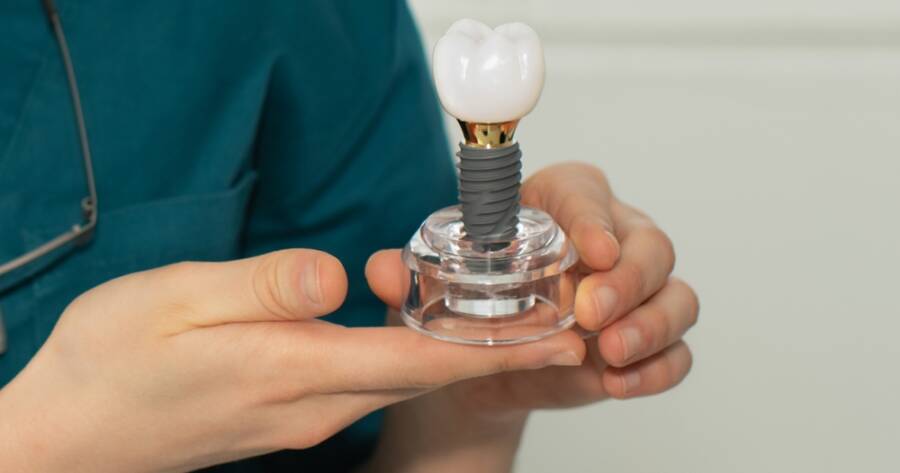Dental implant clinical trials represent a significant frontier in advancing oral health through innovative techniques and improved patient outcomes. Institutions spearhead rigorous research efforts, exploring diverse methodologies and enhancing restorative dentistry practices. From randomized controlled trials to emerging materials, studies not only offer participants valuable benefits but also propel the understanding and implementation of cutting-edge dental solutions.
Exploring Dental Implant Clinical Trials
Dental implants have become a crucial solution for restoring oral health and aesthetics, driving the need for rigorous clinical trials to refine these techniques. Leading institutions are actively conducting trials to explore innovative implant procedures and improve patient outcomes in the field of restorative dentistry. The diversity of these trials exemplifies the dental community’s commitment to advancing knowledge and practices.
The Importance of Clinical Research in Dentistry
Clinical research plays a significant role in discovering improved methods to treat, prevent, diagnose, and understand diseases, including dental conditions. At the College of Dental Medicine, diverse trials are conducted to enhance oral health by testing new dental implant strategies and translating research into practical patient care. These trials aim for groundbreaking advancements, offering solutions for common issues like bone resorption and implant durability.
Types of Dental Implant Clinical Trials
Several types of clinical trials are ongoing, each addressing different aspects of dental implant technology. Randomized controlled trials are focusing on dimensional changes in soft and hard tissues after immediate implant placement, investigating the efficacy of materials like Bio-Oss Collagen in esthetic zones. Additionally, split-mouth studies aim to assess bone formation post-maxillary sinus augmentation using different biomaterials.
Opportunities for Participation and Benefits
Participating in dental clinical trials can offer numerous benefits, including free dental examinations, cleanings, and sometimes even financial compensation for study involvement. These trials are crucial for participants who meet specific health criteria, and they allow individuals to contribute to the advancement of dental treatments. Moreover, these studies seek to improve care through new treatments for those who wear dentures, providing targeted research opportunities.
Recent Advances and Techniques
Clinical trials in dental implants are focusing on innovative treatments like osseointegration-enhancing therapies and tissue engineering techniques, aiming to improve implant success rates and aesthetics through novel materials and designs. Recent studies have highlighted advancements like implant surface modifications and computer-assisted surgical techniques that enhance stability and precision.
Understanding Your Rights in Clinical Trials
Participants in clinical trials have rights that must be acknowledged and respected. Individuals should understand the study’s purpose, potential risks, and benefits, as well as their privacy protections. They also have the right to withdraw from a trial at any time and need to be informed about possible costs, reimbursements, and who to contact with questions or concerns about their involvement.
The Role of the Dental Implant Restoration Registry
The Dental Implant Restoration Registry is critical for collecting data on complications and risk factors associated with implant therapies. This registry aims to address limitations in current literature and develop evidence-based strategies for implant dentistry by documenting treatment outcomes. Supported by the National Institutes of Health, this initiative promises to enhance decision-making in dental health practices.
Why You Should Learn More About Dental Implant Clinical Trials Today
Exploring the world of dental implant clinical trials offers valuable insights into the latest advancements in oral health care. By participating or understanding these trials, individuals can stay informed about cutting-edge techniques that could benefit personal or community dental health.
As research in this field continues to evolve, it presents opportunities for participants to contribute to the future of dentistry, ensuring improved outcomes and innovative care models. Whether through active involvement or informed observation, engaging with these studies underscores a commitment to advancing dental health for all.
Sources
Exploring Participation in Clinical Research
Innovations in Dental Implant Strategies
Benefits and Opportunities in Dental Trials

